The Learning Zone
"Learning is a treasure that will follow its owner everywhere." - Chinese Proverb

The Learning Zone
"Learning is a treasure that will follow its owner everywhere." - Chinese Proverb
"Coming together is the beginning, staying together is progress,
and working together is success." - Henry Ford
Students in the infants classes i.e. Kindergarten, Year 1 and Year 2 engage in daily ‘InitiaLit’ lessons. InitiaLit is an evidence-based whole-class literacy program that provides all children with the essential core knowledge and builds strong foundations in reading, comprehension, spelling and writing.
InitiaLit is aligned with the Australian National Curriculum and addresses the requirements of the NSW English Syllabus. It teaches phonics alongside rich literature and vocabulary, and ensures thorough and consistent instruction across the infants classes.
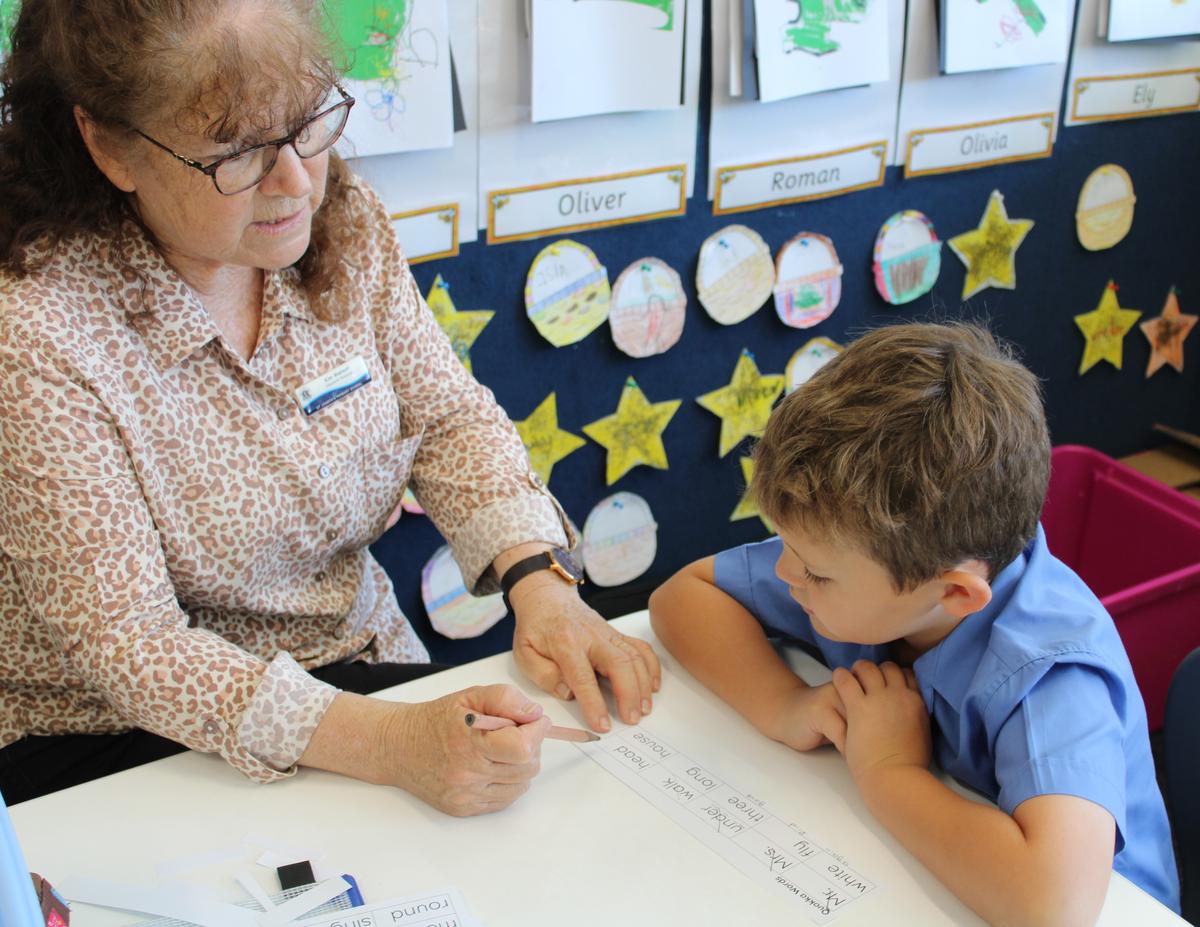
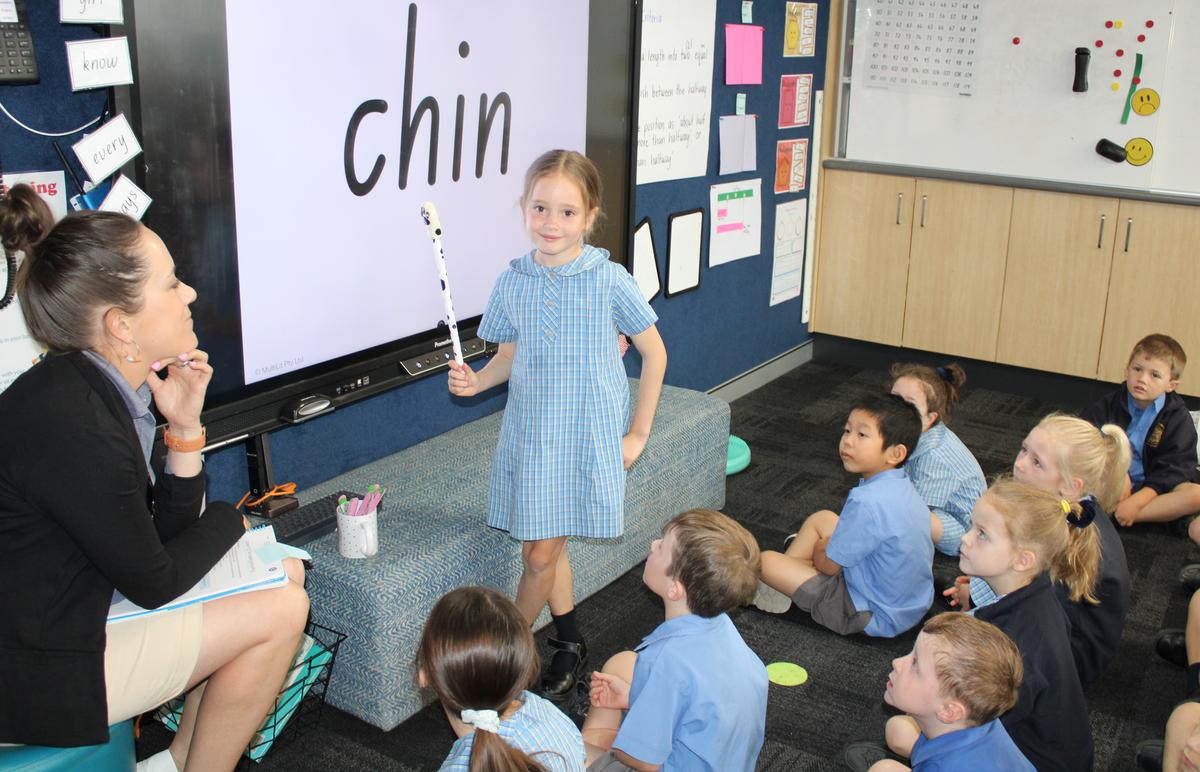
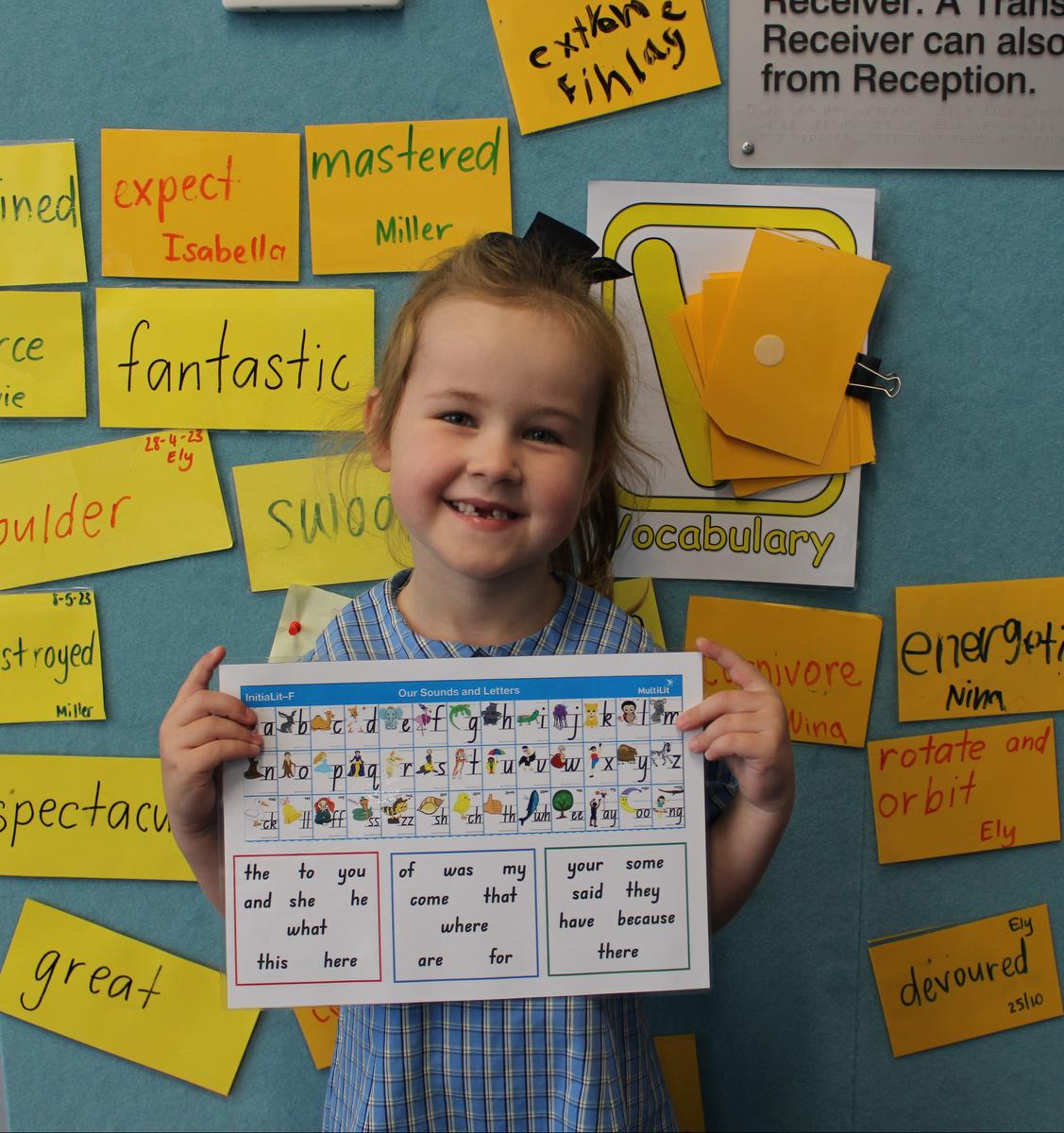
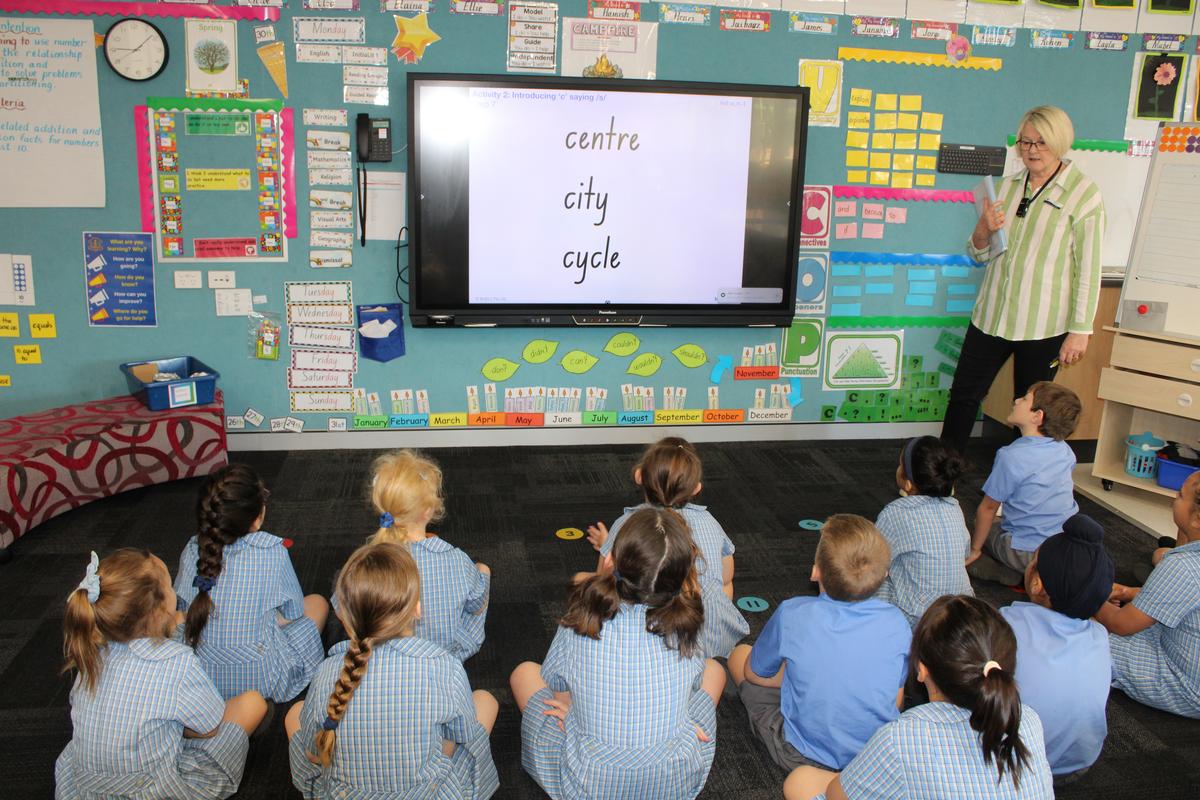
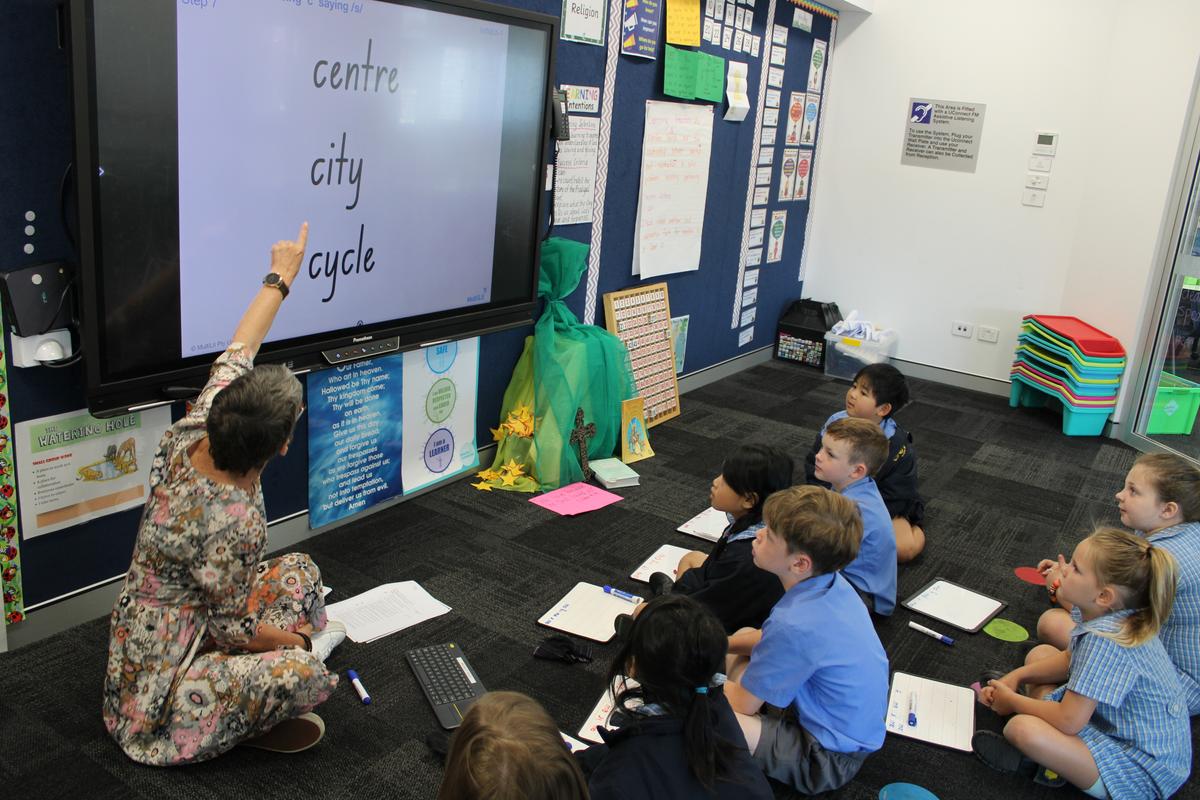
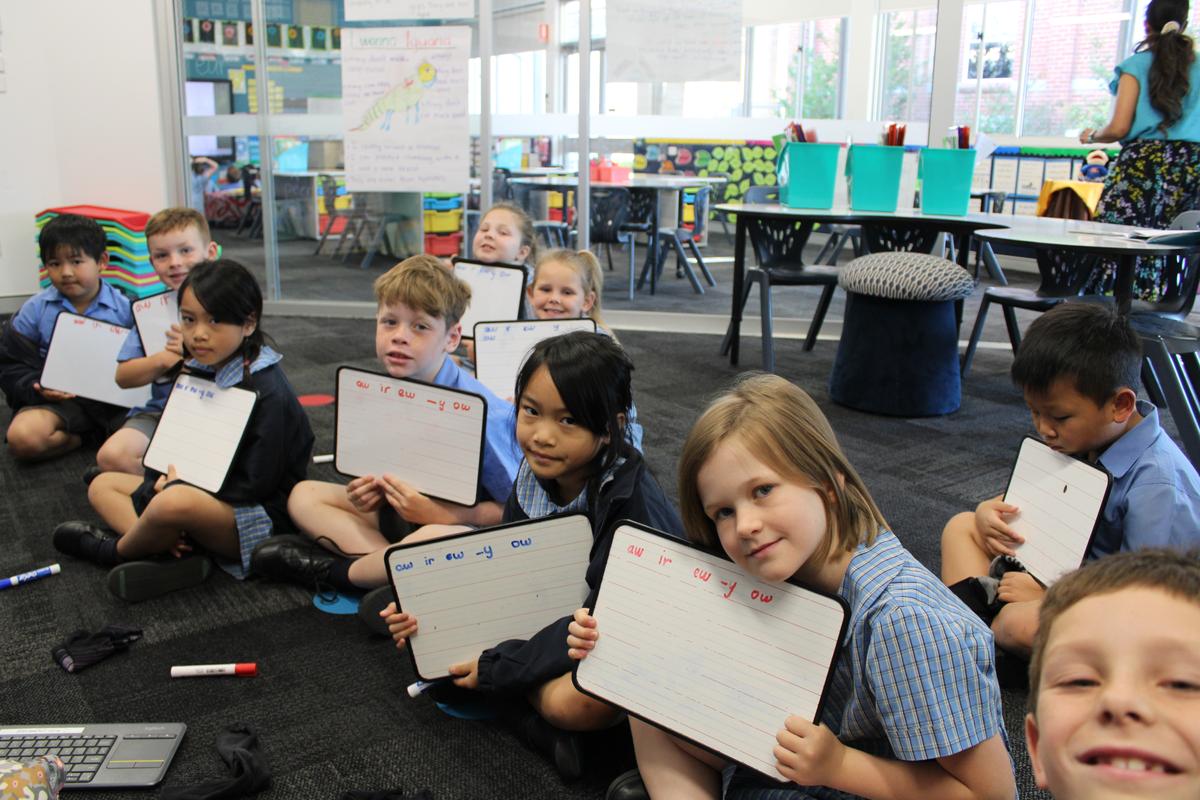
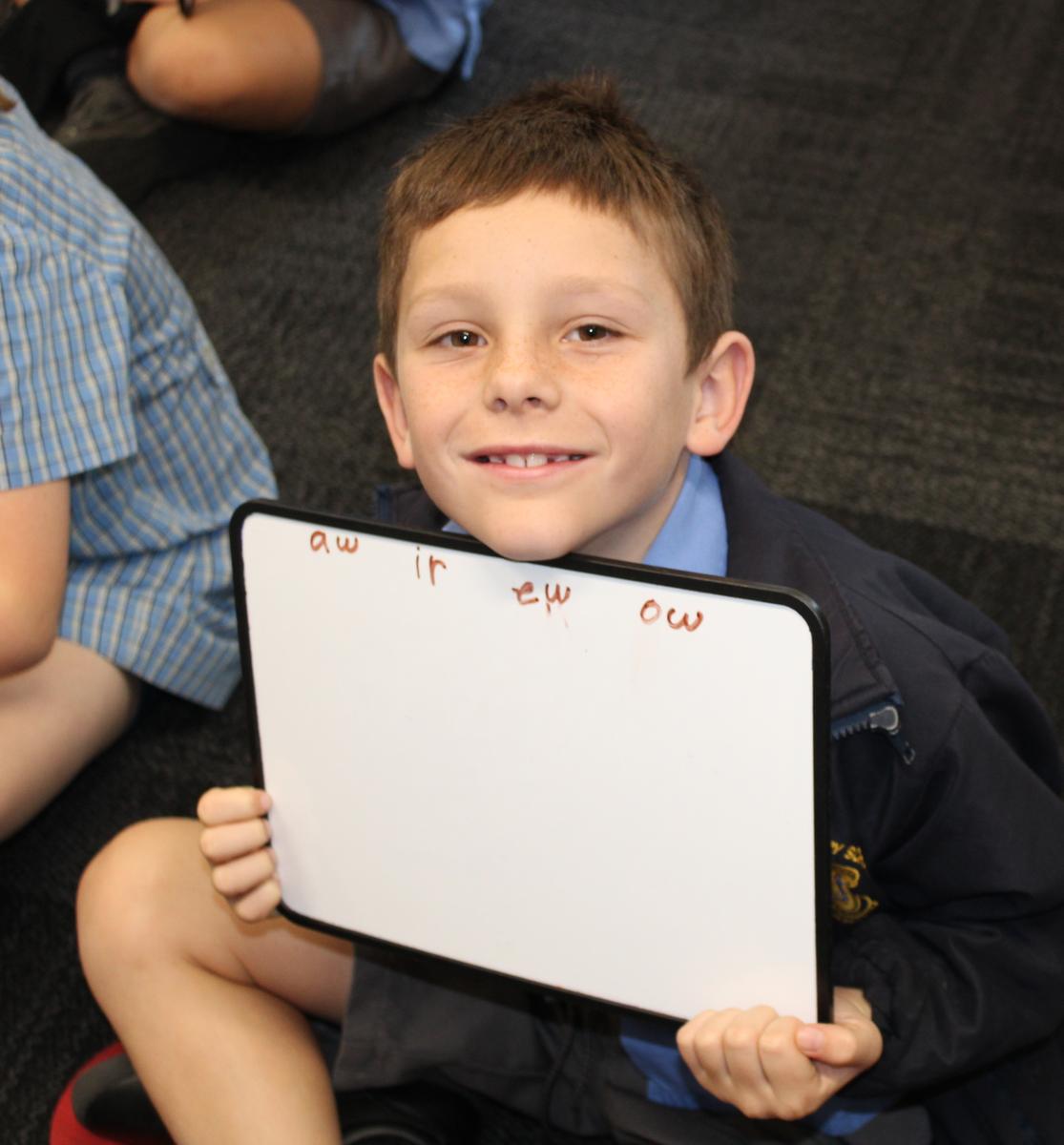
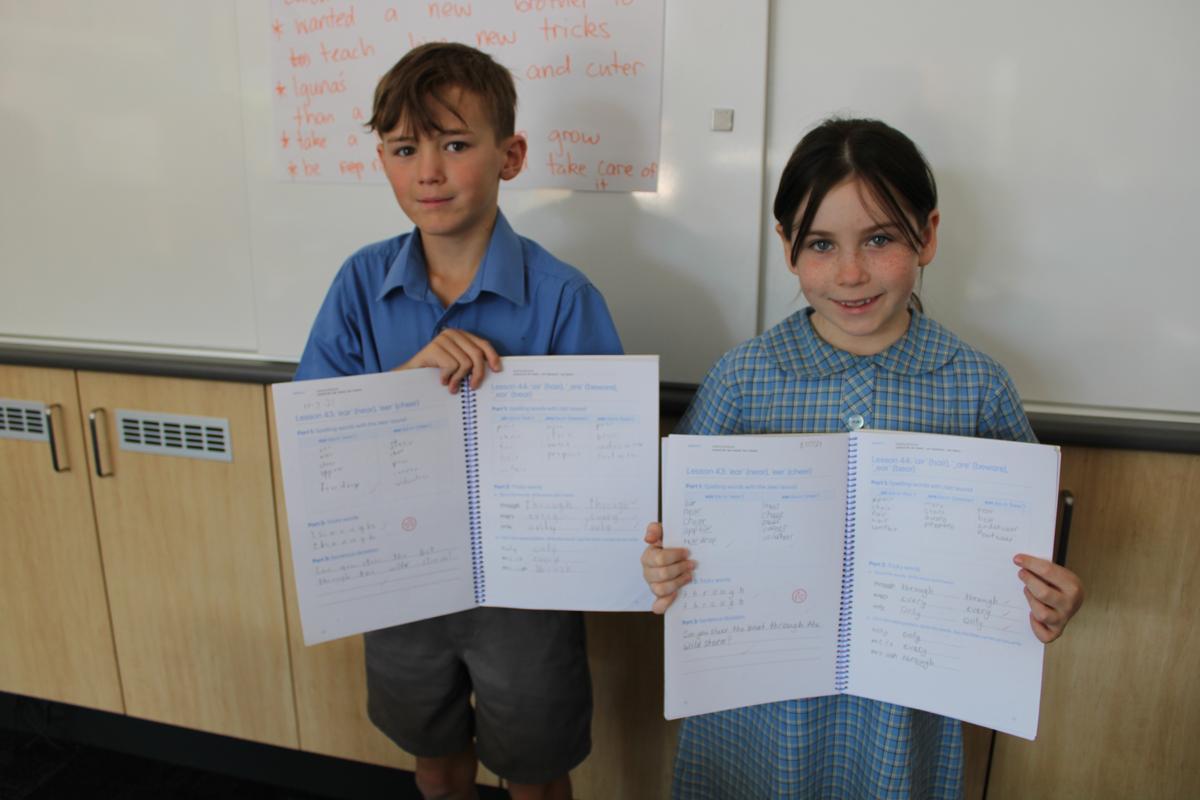
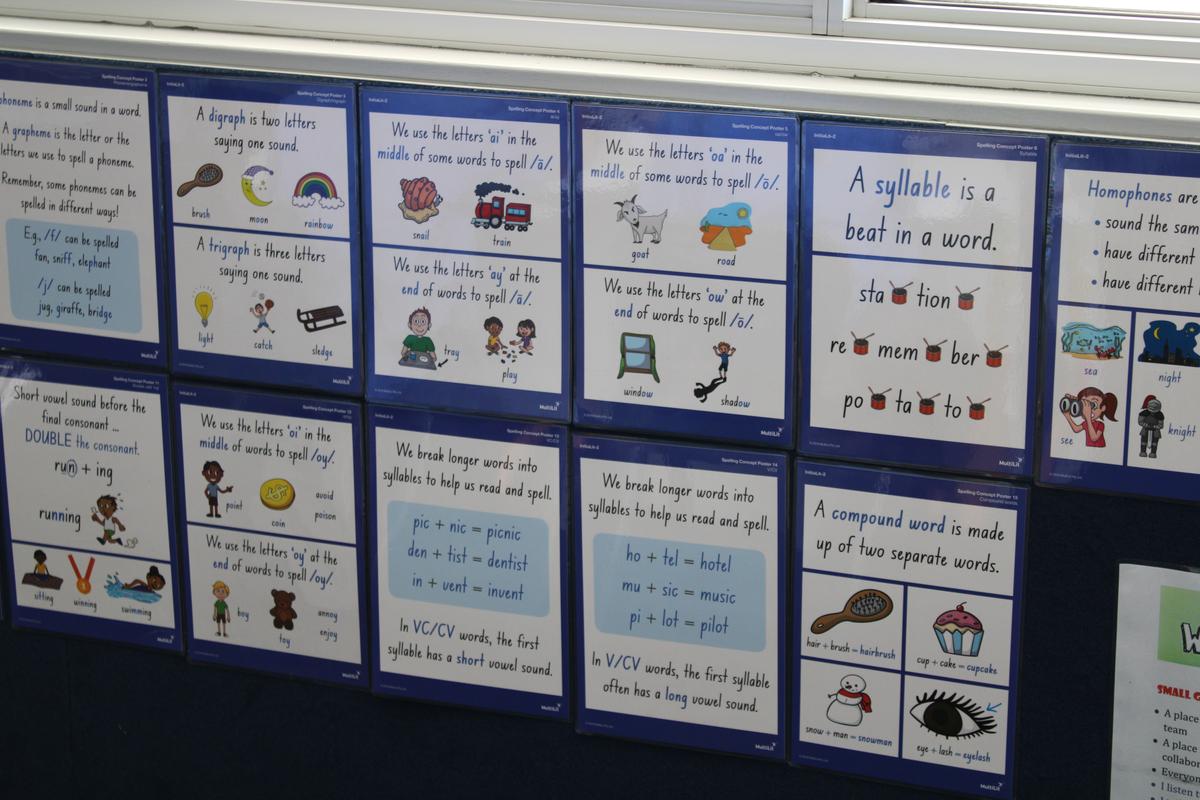











What is happening in the world of mathematics at St Joseph's? Let's take a look!
Please see the information below to assist your child at home or to see what they have been doing so far this term.
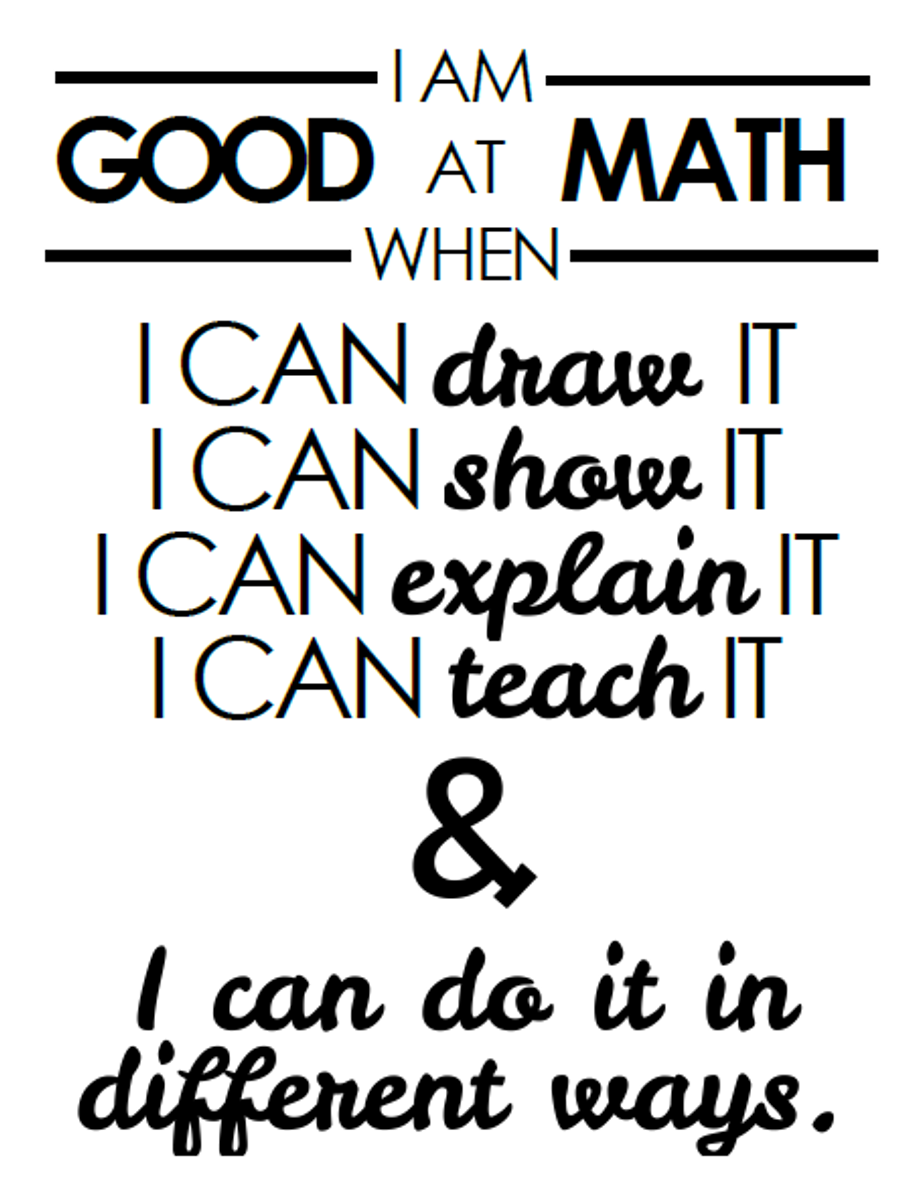

Maths At Home:
Kindergarten - Fractions
A half is 1 of 2 equal parts of a whole. This is the beginning of learning about fractions. Encourage your child to discover that a fraction is a part
of a whole. The whole could be an object, a group of objects or a number. Show that to create a half, a whole is split into 2 equal parts.
Find as many opportunities to create half in daily life and share them with your child;
• Cut the ribbon or string in half
Stage 1 - Addition & Subtraction (Inverse Operations)
Stage 1 have been working with fact families. Fact families are usually represented in the form of a triangle, as shown in the images.
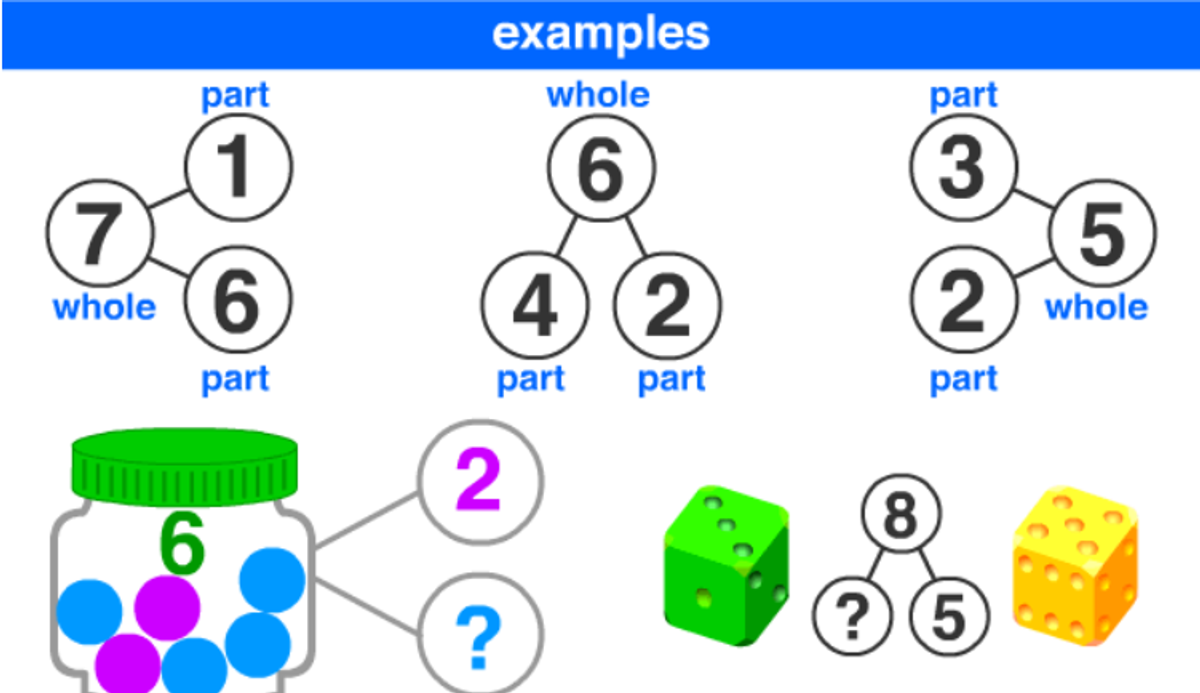

One of the reasons fact families are so important is because they help children learn their addition and subtraction facts. A fact family is made up of three numbers and can be made up of at least four math facts. For example, if a child knows that 3 + 4 = 7 then they can also deduce that 4 + 3 = 7 and 7 – 4 = 3 and 7 – 3 = 4.
Overall, fact families can be a helpful way for children to remember their facts, especially in the early stages of learning them.
Stage 2 - Patterns & Algebra
Stage 2 are working on Patterns & Algebra.
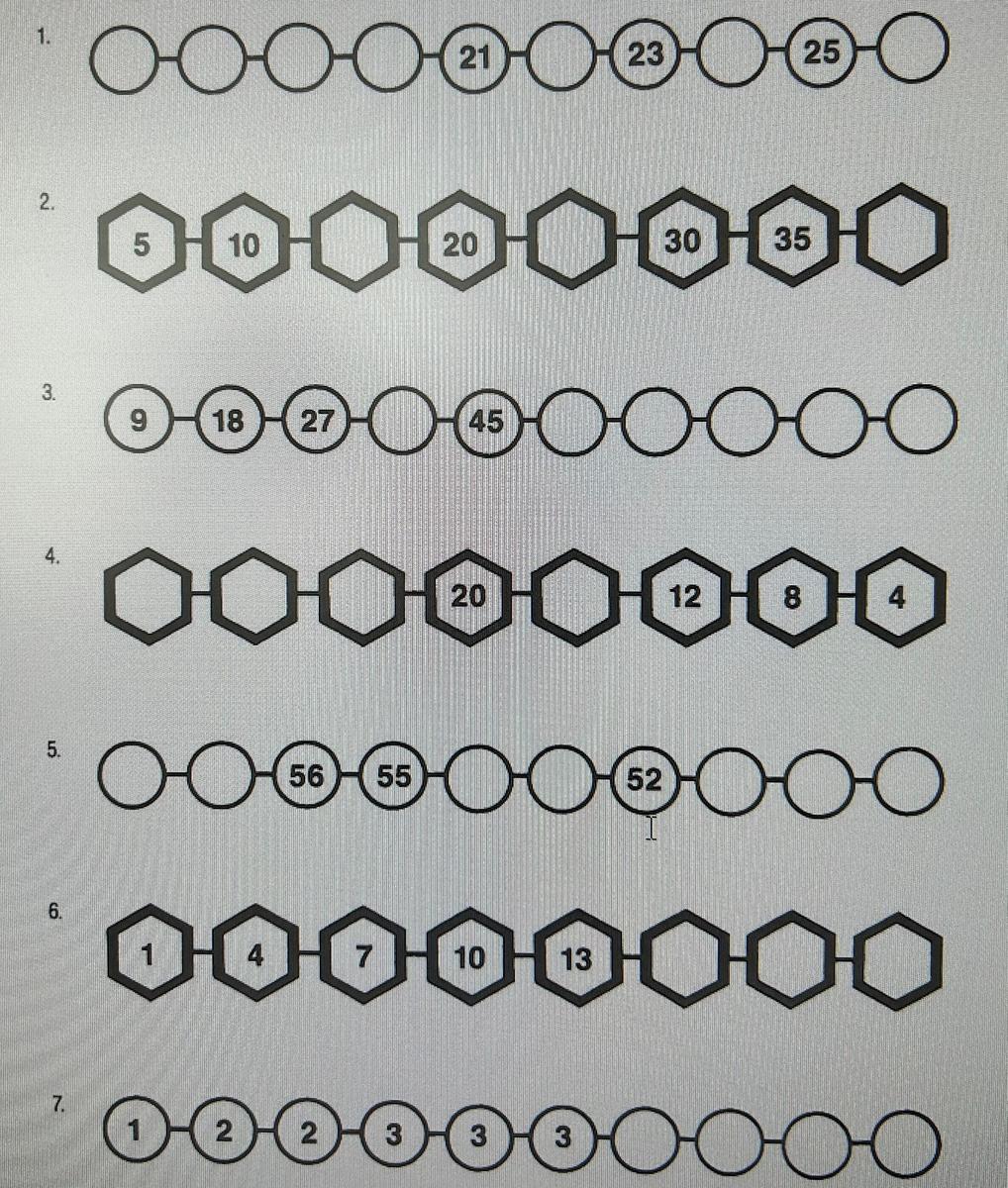

Stage 3 - Data
Stage 3 are beginning a unit of work on Order of Operations & Problem Solving.
Congratulations to Annabelle Eldridge who completed the Writing Challenge in last fortnights newsletter.


Have a great week of learning and fun!
Maree Holland & Greg O'Toole